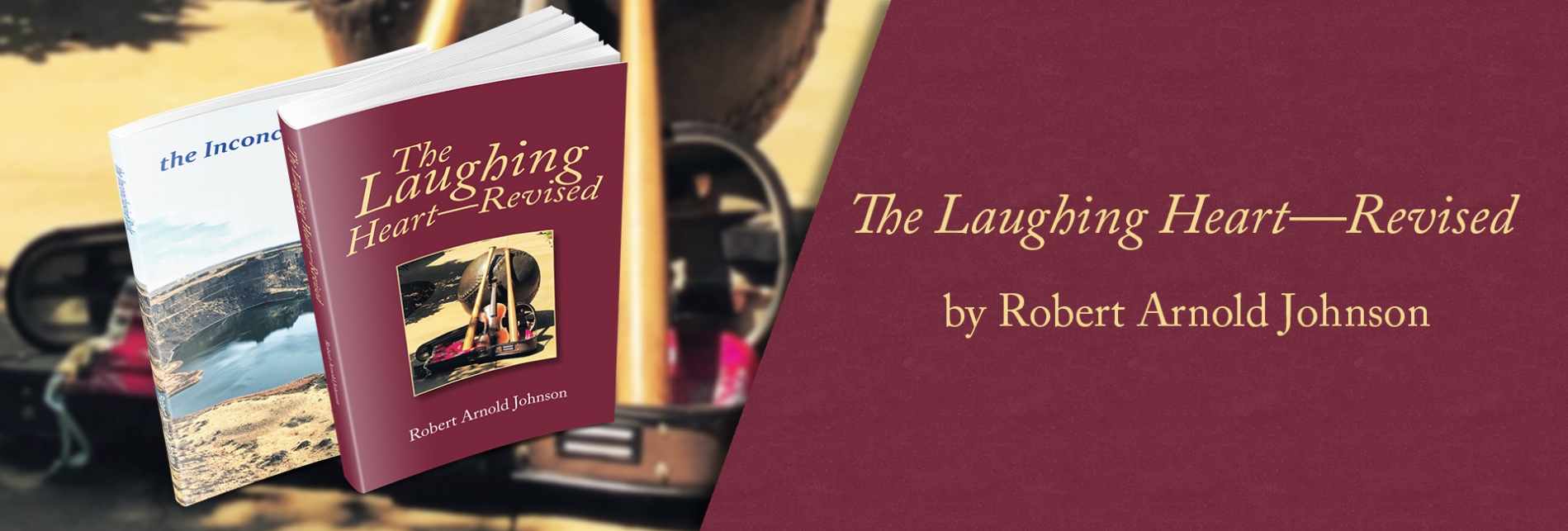I’ve said before that I am a special lover (or not) of a poem’s first line. A favorite of mine is this one from James Merrill’s The Mad Scene (p 206 of his Collected Poems; Knopf, New York, 2001).
Again last night I dreamed the dream called Laundry.
Now, true, the lines’s in iambs and these are in pentameter, but neither is critical for my loving it. I’m fond of lots of non-iambic, non-pentametered lines. I’ve even written an entire epic (The Laughing Heart—Revised) wherein the one intentional meter resides in that of consistently 12 syllables per line. No, in Merrill’s line it’s the casting of the tawdry word “laundry” into an emphatically classic meter—the boldness, the sport of it! Immediately I know via this conjunction that I’m in the presence of a fierce poetic intelligence, and nothing in the 16 lines that follow dissuades me, to say the least. Laundry gets elaborated into intimate specifics, destined for a shared life with a beloved companion, but something happens, something unexpected, something tragic, thus in line 13 “fingers were running in panic over the flute’s nine gates.” And musical reference had appeared already in line 9: “the opera house sparkled with tiers…” These then catalyze the surprising use of “mordent of wisteria” in the penultimate line, where it can do double duty (pun intended): 1. a (musical sense of mordent) figure emblematic for two persons “gnarled together”; or, 2. the (perhaps rare) Italian use of mordente, meaning “pungent.” Dissociations are plentiful within the poem’s plentiful figurations, apropos to a dream, which contribute mightily and enigmatically to its mood, crystalized within one word, “grief,” at the end. And enigma triumphs; the reader cannot know whether the grief, attributed to a “lean tree” (a wisteria?) is imagined, dreamed (literally), or recalled. Or placed somehow in between, somehow presaged by the very idea of dreaming laundry—the two lovers having become “wrung white” within “the downpour.” Possibly our human creation, my reading of this poem suggests, is by, from, and for mystery, yes, and grief.
You may guess now that were I to come across a recently published poem written partly as a tribute to this poem I’ve just described, I’d be drawn to it immediately. And you’d be right. Aria Aber’s Dirt and Light, published in The New YorkerMarch 22 of this year, is such a work. Longer: 24 lines in all. And emphatically there’s mourning closer-to over mourning imagined, though dreamed still. And (why I use the word mourning here rather than grief) the sadness is less accepted, therefore more biting, than in Merrill’s instance of it, which (a seeming paradox) reduces its force for the reader even if not for the writer. The reader’s grief for the writer’s distress becomes the principal affective center, rather than the reader’s identifying with grief-as-grief, as in Merrill. The dream in Aber’s version is, as for Merrill, last night’s, but placed differently, as a prelude to today’s (actual) experience, which takes place at the real-life gravesite of the lost lover. She creates beautiful figurations: “Purple corn glowed”; “October sun”; “lemony light by your grave”; “the vast curtain between this realm and the other”—just for example. And the last two lines are especially moving:
and a pigeon settled into the dusk
of a wet pine, and then another.
These recall, of course, Merrill’s “As the lean tree burst into grief.” And she has by then quoted her favorite line from Merrill’s poem, which is one of mine, too.
Here’s her first line,
Last night it startled me again—I dreamed
I love this line, too. It’s claim on my affection is less a matter of the literal beauty of the thing in itself, though some of that is present surely, and more a matter of the love in common Aber and I bear for Merrill and his poem, which the line deliberately welcomes, and which binds me to it and therefore to her, the poet, also. I am a lover of first lines.
Recent Posts
- An Exchange over Hugo’s “Les Misérables”
- JONATHAN FRANZEN’S “CROSSROADS”: SHOULD WE WANT A TRILOGY OF IT?
- SOME THOUGHTS ABOUT RACISM AND WHITE SUPREMACY IN AMERICA, AUGUST 2021: How A Few Recent Books by Black and Other Authors Have Changed One Old White American
- LOVE & THE FIRST LINE
- FOR PHILIP ROTH’S “EVERYMAN”
Recent Comments
- Henry Allen on the current project
- MaryAnne O'Neil on SOME THOUGHTS ABOUT RACISM AND WHITE SUPREMACY IN AMERICA, AUGUST 2021: How A Few Recent Books by Black and Other Authors Have Changed One Old White American
- Robert Arnold Johnson on SOME THOUGHTS ABOUT RACISM AND WHITE SUPREMACY IN AMERICA, AUGUST 2021: How A Few Recent Books by Black and Other Authors Have Changed One Old White American
- Robert Arnold Johnson on SOME THOUGHTS ABOUT RACISM AND WHITE SUPREMACY IN AMERICA, AUGUST 2021: How A Few Recent Books by Black and Other Authors Have Changed One Old White American
- Susan Pickett on SOME THOUGHTS ABOUT RACISM AND WHITE SUPREMACY IN AMERICA, AUGUST 2021: How A Few Recent Books by Black and Other Authors Have Changed One Old White American




